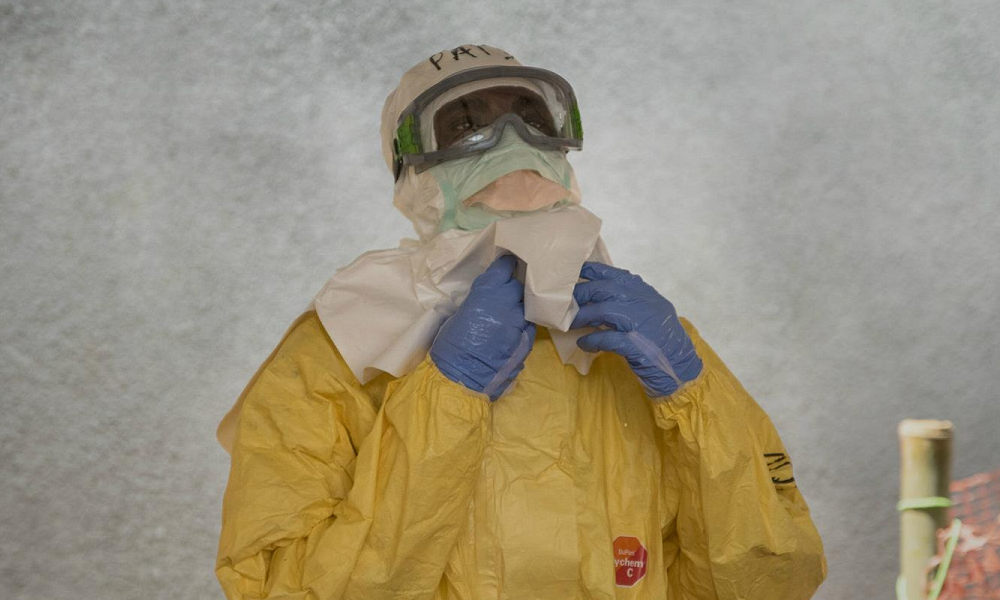World
Ebola outbreak in Uganda spreads to other districts

An outbreak of a rare Ebola strain for which there’s no vaccine has spread to two other districts in central Uganda and a suspected case is being investigated in the capital, officials say.
Ebola tracker: Click here for daily updates
Ainebyoona Emmanuel, a spokesman for Uganda’s health ministry, said on Sunday that the number of cases from the outbreak which began in Mubende district stood at 34, including 21 deaths.
The tally includes three cases in Kyegegwa District and one in Kassanda District, both about 40 kilometers (25 miles) from the epicenter in Mubende. All four are linked to the index case, Emmanuel said.
Authorities are also investigating a possible Ebola death in the capital Kampala, which has a population of nearly 1.7 million people. The Daily Monitor newspaper said a sample from the person will be tested at the Uganda Virus Research Institute (UVRI).
Mubende sits along a busy road which leads from Kampala to the Democratic Republic of the Congo. There are also gold mines in the area, which attracts people from different parts of Uganda, as well as from other countries.
“The mobile nature of the population in Mubende increases the risk of a possible spread of the virus,” the World Health Organization said in a statement.
Sudan ebolavirus, which is one of the six species of the ebolavirus genus, had not been found in humans since 2012, when an outbreak killed 17 people. Other outbreaks of Ebola involved the better-known Zaire strain.
“I think we need to be cautious because we have a relatively low number of cases historically of Sudan [ebolavirus] so I think it will be difficult to predict pathogenicity, transmissibility and other manifestations,” Prof. César Muñoz-Fontela said at a WHO briefing.
There have been seven previous outbreaks of Sudan ebolavirus, with four occurring in Uganda and three in Sudan. Those outbreaks showed an average mortality rate of 57%, which is high but lower when compared to Zaire, which kills about 70% on average.
Current evidence suggests that the ERVEBO vaccine, which is used to control outbreaks with the Zaire variant, is not effective against the Sudan variant. Six vaccine candidates are in different stages of development.

-

 Legal3 days ago
Legal3 days agoMichigan man JD Vance sentenced to 2 years for threatening Trump and JD Vance
-

 Politics4 days ago
Politics4 days agoU.S. to designate Maduro-linked Cartel de los Soles as terrorist organization
-

 World1 week ago
World1 week agoU.S. begins Operation Southern Spear against “narco-terrorists” in the Western Hemisphere
-

 Health4 days ago
Health4 days agoCambodia reports fatal H5N1 bird flu case in 22-year-old man
-

 Legal1 day ago
Legal1 day agoWoman in critical condition after being set on fire on Chicago train
-

 World1 day ago
World1 day agoHurricane Melissa registered 252 mph wind gust, breaking global record
-

 Legal1 week ago
Legal1 week agoImprovised explosive device detonates outside Las Vegas restaurant; no injuries
-

 World1 week ago
World1 week agoNationwide power outage hits Dominican Republic



